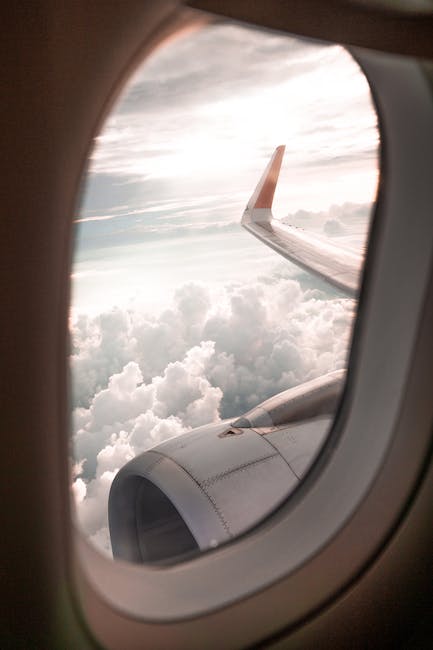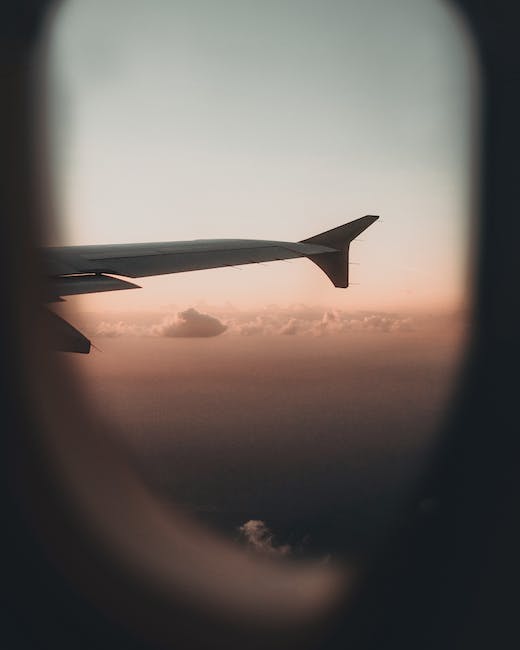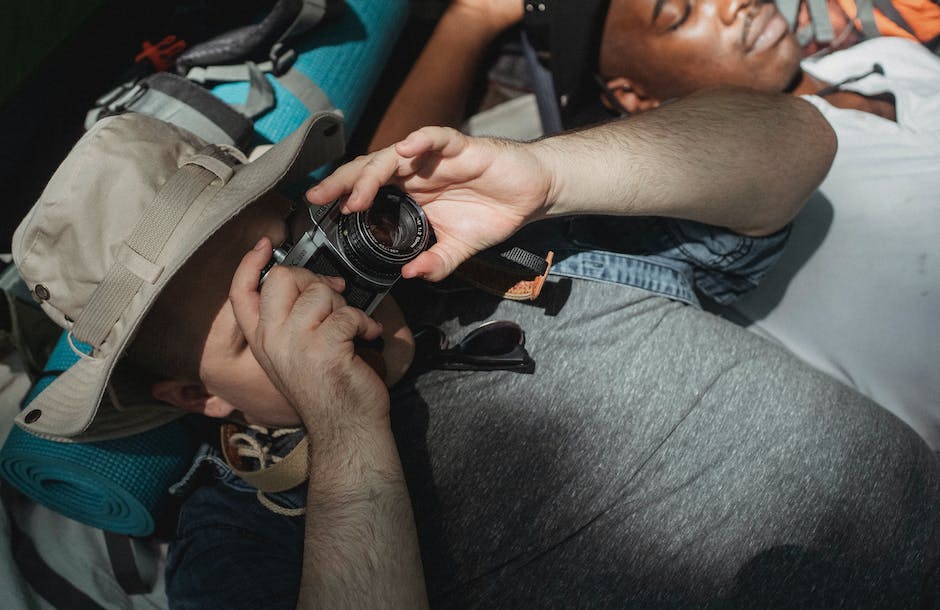Traveling can be an exciting and life-changing experience, but it’s not always easy, especially when it comes to jet lag. Jet lag is a condition in which a person’s body clock is out of sync with the local time at their destination. This can result in symptoms such as fatigue, difficulty sleeping and concentrating, and digestive problems. What’s more, jet lag can be particularly challenging for solo travelers who don’t have anyone to rely on for support. Fortunately, there are some steps that travelers can take to mitigate the effects of jet lag and enjoy their trip to the fullest.
Understanding Jet Lag

Jet lag is a common condition experienced by travelers who cross multiple time zones. It results from a disconnect between our internal body clock and the local time at our destination. The human body has its own system for regulating sleep and wake cycles, known as the circadian rhythm. This system is influenced by external factors such as daylight, food intake, and even social interaction with others. When we travel across time zones, our body clock is temporarily disrupted, which can lead to jet lag. Symptoms of jet lag vary from person to person, but some of the most common ones include fatigue, difficulty sleeping and concentrating, and digestive problems. Jet lag is especially challenging for solo travelers, as they may feel more vulnerable and isolated without anyone to rely on for support.
Prepare Before Your Trip

Preparing for your trip before you leave can help reduce the impact of jet lag. One way to do this is to start adjusting your sleep and eating habits gradually a few days before your flight. This will help your body adapt more easily to the new time zone. For example, if you’re traveling from New York to Tokyo, which is 13 hours ahead, you may want to start going to bed and waking up an hour or two earlier each day in the week leading up to your departure. You should also try to eat your meals at times that correspond to the local time at your destination. Packing a few items in your carry-on bag, such as an eye mask, earplugs, and comfortable clothes, can also help you relax during your flight and arrive feeling refreshed.
Avoid Alcohol and Caffeine

Although it may be tempting to drink alcohol or coffee during your flight, both can cause dehydration and disrupt your sleep patterns. Instead, drink plenty of water or herbal tea to stay hydrated and help your body adjust to the new time zone. Dehydration can exacerbate jet lag symptoms such as fatigue and headaches, so it’s important to make sure you are drinking enough fluids. Alcohol, on the other hand, can interfere with your sleep cycle and cause you to feel more tired and disoriented upon arrival.
Get Some Sunlight

Getting some sunlight upon arrival at your destination can help reset your circadian rhythm. Exposure to natural light can make you feel more alert and energized during the day, and help you sleep better at night. Take a walk outside or sit in a sunny area for at least 30 minutes. This will also help combat the fatigue and drowsiness you may feel after a long flight. If you arrive at your destination at night, try to avoid bright lights and screens, as exposure to artificial light can confuse your body clock and make it harder to fall asleep.
Take Short Naps

Taking short naps during the day can help you re-energize and combat the effects of jet lag. However, be sure to keep them short to avoid disrupting your sleep at night. Ideally, try to nap for no longer than 20-30 minutes. This will help you feel more alert and focused during your travels. It’s also a good idea to nap during the early afternoon, when your body is naturally inclined to feel drowsy.
Stick to Your Daily Routine

Sticking to your daily routine as much as possible can help your body adjust to the new time zone. This means eating meals, exercising, and sleeping at the same time you would at home, if possible. Keeping a regular routine can help regulate your circadian rhythm and reduce the impact of jet lag. Of course, there may be some adjustments you need to make to your routine based on your travel itinerary or local customs at your destination. Just remember to be flexible and listen to your body.
Avoid Overexertion

Although it may be tempting to try to see everything your destination has to offer, overexerting yourself can worsen the effects of jet lag. Allow yourself time to rest and recover from your travels. Try to limit your activities each day and take breaks as needed. Remember, you’re on vacation to relax, not to exhaust yourself. If you’re traveling for business, try to schedule some downtime in your itinerary to give yourself a chance to recharge.
Consider Melatonin Supplements

Melatonin is a hormone that helps regulate sleep-wake cycles. Taking melatonin supplements, in consultation with your doctor, can help you fall asleep faster at night and adjust your sleep schedule to the new time zone. This is especially helpful for travelers who experience difficulties sleeping in a new environment. Melatonin is available over the counter in many countries, but it’s important to talk to your doctor about the appropriate dosage and timing.
Avoid Large Meals

Eating large meals, especially before bedtime, can cause digestive problems and make it difficult to fall asleep. Instead, try to eat smaller meals throughout the day. This will help keep your energy levels stable and make it easier to adjust to the new time zone. Focus on eating nutritious foods that will give you sustained energy without inducing a sugar crash, such as fruits, vegetables, whole grains, and lean proteins.
Give Yourself Time

Remember, jet lag is a common condition and it may take a few days to fully adjust to the new time zone. Give yourself time to relax and adjust to your new surroundings. Don’t be too hard on yourself if you feel fatigued or disoriented at first. With some time and patience, you’ll be able to fully enjoy your trip. Be kind to yourself and listen to your body’s needs. Remember, you didn’t travel all this way just to be stressed out and exhausted. Take some time for yourself to enjoy your trip at your own pace, whether that be reading a book by the pool or exploring a nearby museum. Whatever you do, make sure it’s something that makes you happy and fulfilled.








 You might also be interested in those articles related to solo traveling
You might also be interested in those articles related to solo traveling